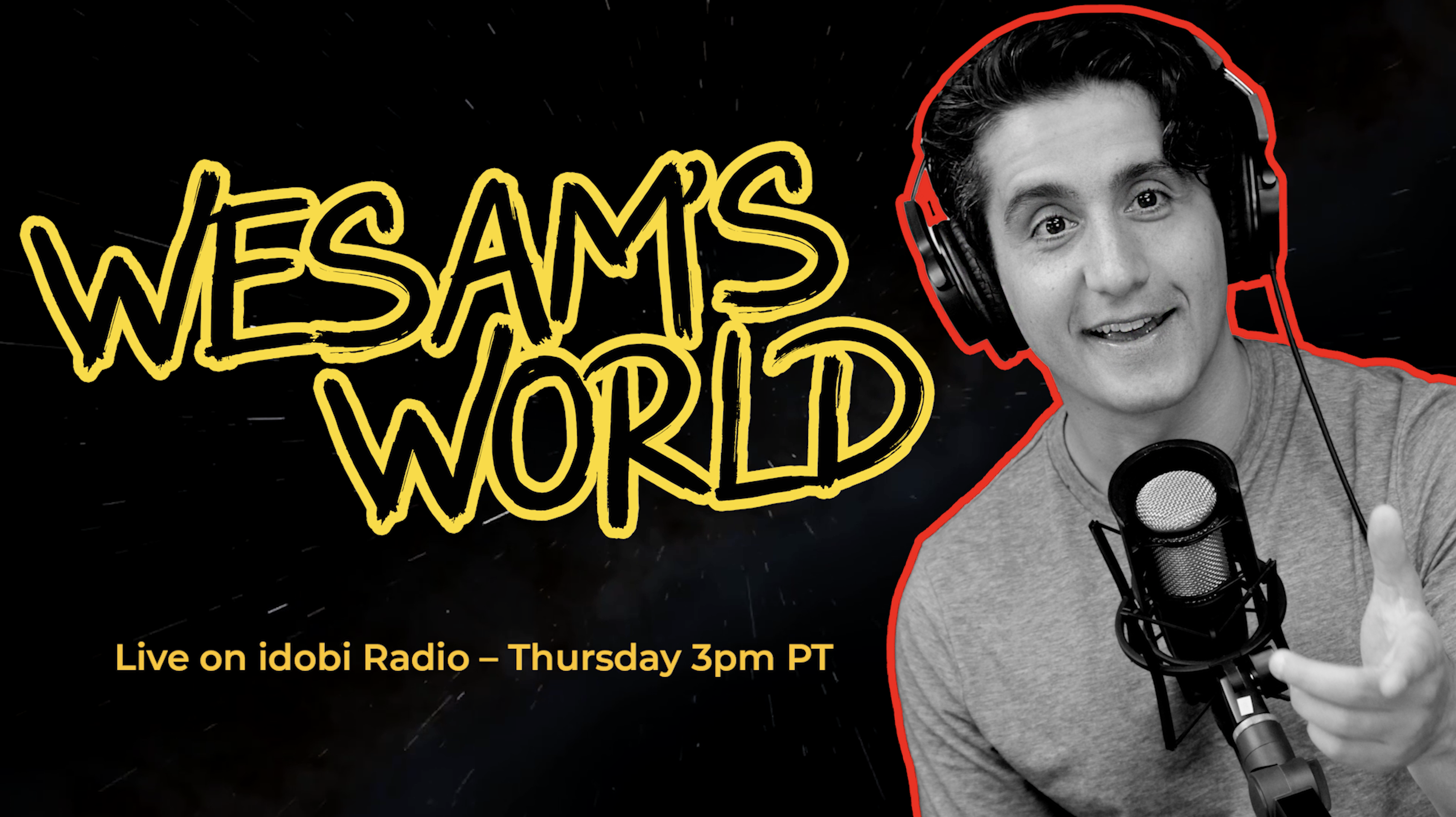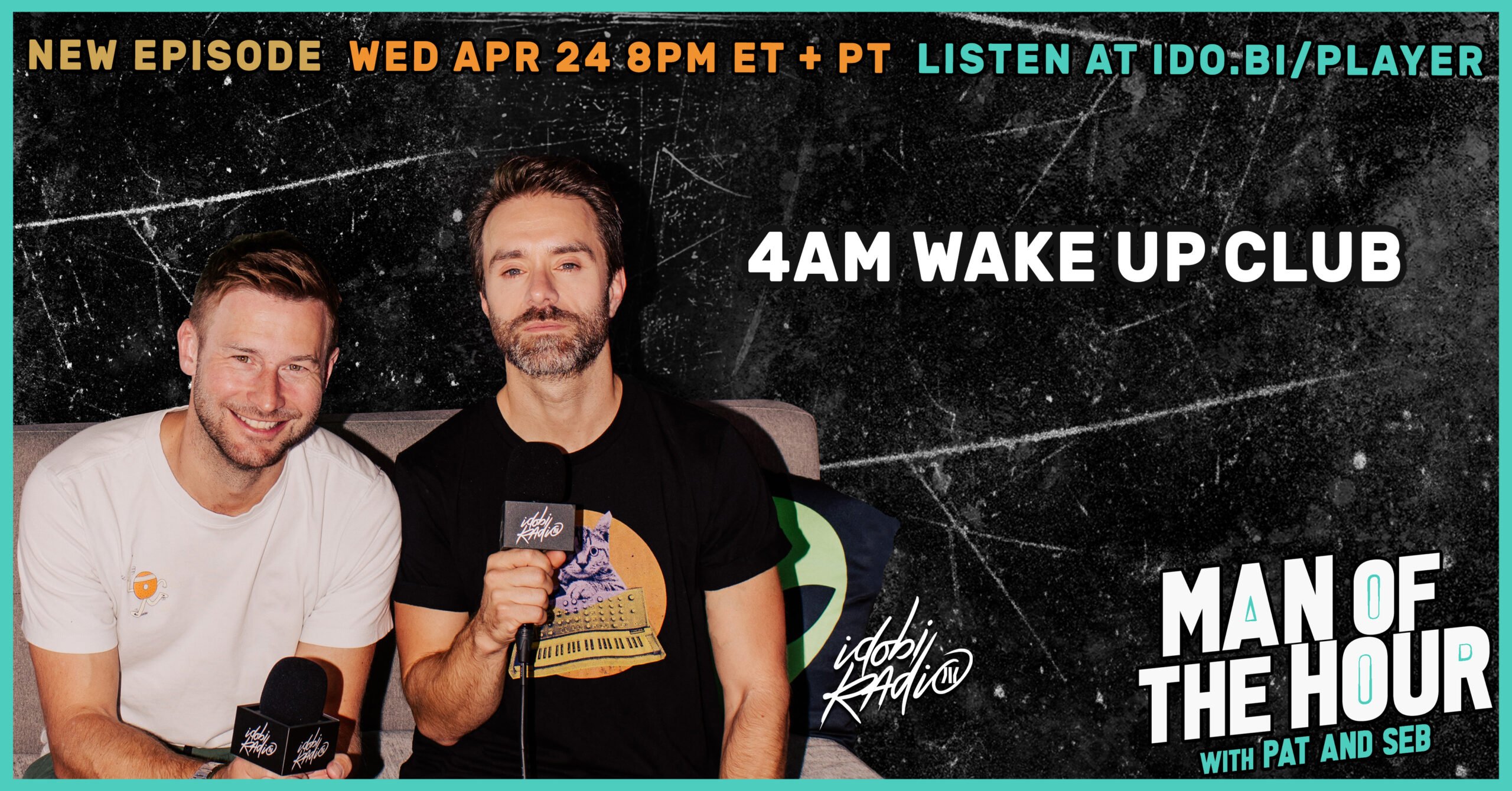The government seemed to side with Internet broadcasters when establishing a royalty rate Thursday, and although the new fees were lower than a proposal rejected last month, the costs may force several independent Net radio stations out of business.
The U.S. Copyright Office settled on a rate of 0.07 cent per listener per song for both Internet-only stations and conventional stations that simulcast their programming on the Web, according to a government spokesperson. The rate is exactly half of what the Copyright Arbitration Royalty Panel (CARP), a three-member board appointed by the Copyright Office, suggested in February that Internet-only stations pay, and which was rejected by the Librarian of Congress last month. The CARP had also thought terrestrial stations wanting to rebroadcast their playlists online would pay 0.07 cent, a belief the Copyright Office upheld.
It doesn’t sound like much, but the slight fraction of a cent per person per song can amount to hundreds of thousands of dollars for independent radio stations, some of which rely solely on listener donations for revenue. Stations that could be in dire straits include electronica stable SomaFM, Radio Paradise and CyberRadio2000. Some smaller, garage stations have already pulled their plugs out of fear of racking up further costs.
Even the largest Internet radio presence, Live365 Inc., which operates a network of about 30,000 stations, would be forced to shell out approximately $100,000 per month, its vice president John Jeffrey told the Associated Press.
Broadcasters had hopes the royalties would be based on a percentage of their revenue, rather than a per performance rate, but Librarian of Congress James H. Billington concluded that identifying the relevant revenue for some webcasters that didn’t rely on music exclusively for its financial gains could be difficult. Futhermore, because many webcasters are making little or no money at all, a percentage of that would be miniscule and copyright owners would be forced to allow extensive use of their property with hardly any compensation.
The first of the new royalty payments is due in November, and the fees are retroactive to October 28, 1998, when the Digital Millennium Copyright Act, which requires that copyright owners be compensated when their work is presented online, was enacted.
Not like it’s any consolation, but the broadcasters’ opposition in this case, the recording industry, isn’t exactly overjoyed with the decision either. After the CARP announced its proposed rates, the Recording Industry Association of America (RIAA), which collectively represents artists and labels, had hoped for a rate closer to 0.40 cent. Its problem with the proposal, and the subsequent lower rate that’s now in place, is a fear that the largest Internet radio stations – those which could theoretically afford to pay a higher rate – will flourish on the shoulders of artists and labels, which won’t reap a comparable reward.
“The import of this decision is that artists and record labels will subsidize the webcasting businesses of multi-billion dollar companies like Yahoo, AOL, RealNetworks and Viacom,” said RIAA President Cary Sherman in a statement. “The rate, which cannot be squared with the decision of the arbitration panel, simply does not reflect the fair market value of the music as promised by the law. This decision will certainly reinforce the steadfast opposition of copyright owners to compulsory licensing.”
The newly established rate may be appealed by both parties in the U.S. Court of Appeals within 30 days.
If there’s a bright side to the Copyright Office’s decision, it’s that broadcasters and the RIAA, which haven’t agreed on much since this debate started years ago, have a common ground in that the new rate is copacetic to neither. As Kurt Hanson writes in his Radio And Internet Newsletter (www.saveinternetradio.com), “It’s time for record industry representatives and webcaster representatives to finally sit down and work out their differences in a non-adversarial manner,” suggesting a tete-a-tete without the less tech-savvy government’s intervention.
In rendering his decision, Librarian of Congress Billington also explained why the CARP’s proposal was rejected. The two-tiered rate system – different rates for online-only and terrestrial stations that cybercast their programming – assumed promotional value was found in radio retransmissions but not Internet-only broadcasts. That assumption is the basis of why conventional stations only pay royalties to songwriters and publishers and not to the artists or labels directly. Billington found the discrepancy between the two arbitrary, and mandated a single rate.





























